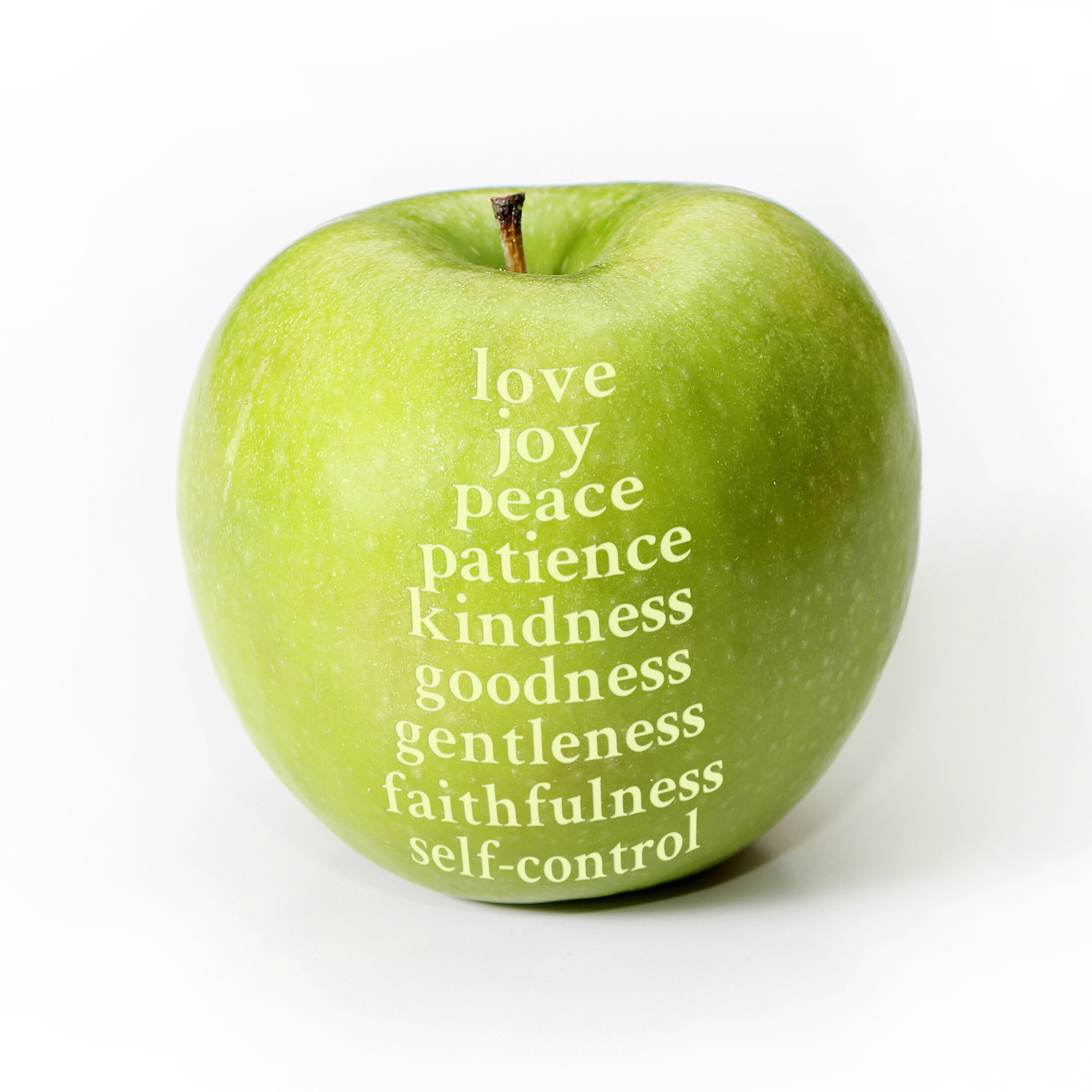April 27, 2020 | Family | Counseling | Conflict by Mike Greene

An upside to the stay-at-home order is that we have opportunities to spend more time together, to grow in love for each other, to worship together, and to spend more time making disciples at home. That is not to say that the COVID-19 situation has not caused stress and many troubles, and it has affected everyone. The Bible tells us that there will always be trials and tribulations in this life, and they will get progressively worse; however, the important thing is how we respond to them. The same stay-at-home order that has blessed us with so much family time has also opened the door for the C-word – CONFLICT! How will you respond when there is trouble in paradise?
Conflicts happen, they just do. But conflict should not be a pattern in the lives of believers. The first step in learning to deal with conflict biblically, is to understand what the Bible says about conflict and the heart issues that cause it. While we cannot do an exhaustive study here, it is instructive to know that conflict is sinful, conflict is inevitable, and conflict is an opportunity.
Conflict is sinful in that at least one party has violated God’s command to love one another. Truth be told, when someone sins against us, we are prone to respond in a sinful manner. Jesus described loving one another as the sign that you are truly one of His disciples. Loving others is the penultimate command, second only to loving God. By the way, you cannot love God without loving others (see 1 John 4:20). Be reminded, as we discussed in the recent article on marriage, love is a choice and not a feeling.
A second violation that makes conflict sinful is one that you might not have thought about. If you are in Christ, you are called to be a peacemaker. Jesus said, “Blessed are the peacemakers, for they shall be called sons of God” (Matt. 5:9). In Romans 12:18, Paul expounds on this idea and puts it in practical terms saying, “If possible, so far as it depends on you, be at peace with all men.” You are not responsible for the outcome, but you are responsible for the effort to actively pursue peace when there is conflict.
Conflict is inevitable. We live in a fallen world where everything is impacted by sin. When sinners live together, conflict should be expected. We often expect too much from fellow sinners. Why are you so surprised when others, especially your spouse and children, behave sinfully? That’s not to say that you should ignore it, but you should expect it. The good news is that God has made provision for sin, not just a payment, but the power and wisdom to live beyond our old nature.
Conflict is an opportunity. God has promised to cause “all things to work together for good to those who love God…” with the good being defined as making us more like Jesus (Rom. 8:28-29). Trusting God in a conflict means that we choose to obey God’s commands to love and to pursue peace, leaving the outcome to Him. Conflict is an opportunity to love and serve others even when they are unlovable. Sound familiar? Conflict is the perfect opportunity to demonstrate Christ-likeness (Eph. 5:1-2), to show grace even as you have received much more grace, to forgive even as you have been forgiven.
With this biblical foundation in place, let’s look at some personal reflections and practical steps for dealing with conflict:
- Be prepared for battle. If you were a military soldier, you would not go into battle without proper training and proper equipment, nor would you go alone. When your pastors and ministry leaders exhort you to attend worship, to be plugged into a Life Group and to practice spiritual disciplines, these are not religious rituals. These are essential to face life with courage and hope. In addition, you would not go into battle without knowing your enemy and without a strategy for victory. Your spouse is not your enemy, your child is not your enemy, your sibling is not your enemy, your coworker is not your enemy, and your neighbor is not your enemy. So, who is your enemy? Read your Bible and find out.
- Examine yourself. Before you attempt to resolve a conflict or fan the flames making it worse, prayerfully examine yourself. Be careful because we are poor judges of our own hearts. We tend to judge ourselves as better than we really are. The only accurate standard by which to judge ourselves is the Word of God (see Hebrews 4:12-13). You might ask yourself things like these: What role have I played in this conflict? Has my response been Christ-like? Am I walking in the Spirit or walking in the flesh? (see Galatians 5 to know the difference) What do I really want the outcome of this conflict to be? How is this conflict affecting the lives of others? Remember that conflict will reveal what’s already in your heart (see Luke 6:43-45).
- Differentiate between sinful behavior and what just annoys you. These are to be dealt with in different ways. People often punish others for things that simply get on their nerves. Keep in mind that most conflicts and sinful anger result from our good desires that have gotten out of hand. Our good desires become expectations, even idols, and we attack anyone who gets in the way of what we want. Sinful anger arises when we don’t get what we want (see James 4).
- Communicate in love. The Bible tells us that our words ought to build up others, not tear them down (Ephesians 4). Our speech should always have redemptive purpose. Before you speak, decide what you want the outcome to be – do you want to restore the relationship, or do you want to win an argument. We will discuss more about biblical communication in an upcoming article.
- Be the peacemaker. Notice that the Bible does not mention whose fault it is or who started it. If you are in Christ, you are called to actively pursue peace in all of your relationships. The goal is not to win an argument, but to please God and bring glory to Him. Be careful not to expect too much of people as we have all sinned. On a related note, remember that lost people will act like lost people – all the more reason to demonstrate the love of Christ to them. If you profess to be a believer and you are acting like a lost person, then that is a very different problem.
For the Christian, conflicts are sinful, they are inevitable, and they are opportunities. When we address conflict biblically, we can restore relationships and be ambassadors for Christ, even in our own homes. We are prone to either flee from conflicts or to fight. Neither of these are biblical and they are slippery slopes that lead to further damage. The Bible gives us wisdom and the Holy Spirit gives us power, and we have the ultimate example in Him who gave Himself for us. As we journey through this COVID-19 situation together (really together!), the Prince of Peace is on your side.
CHALLENGE: read Matthew 7:1-5, and then in light of that, read Galatians 6:1-5. What does the text say? How is the Lord speaking to you? How would this heart attitude impact your relationships?
Click to Download Additional Resource
Adapted from “Resolving Conflict Christ’s Way” by Robert D. Jones. Journal of Biblical Counseling, Fall 2000.


